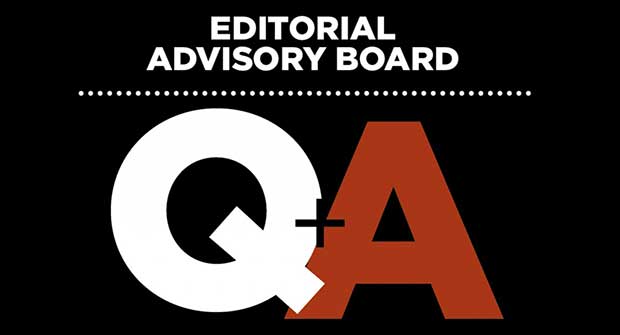As landscaping leaders, we are tasked with making decisions large and small every day. Should we invest in a new piece of equipment? Should we hire that next employee? Should we take on a project that we’ve never done before?
In my more than two decades of running companies, I have found that an effective decision-making process is one of the most crucial elements of success. This is especially true for group decisions made by teams of all types.
While group decision-making might appear straightforward, numerous challenges and pitfalls can arise that will hinder our teams from achieving successful outcomes. These difficulties exist at every level of an organization, from executives to installation crews. Regardless of the size of your company, you will inevitably face moments where a group must make a critical decision about your organization’s direction.
Some common challenges in group decision making include reaching a false consensus (people say they agree, but they are lying), weak consensus (people initially agree, but change their tune if anything goes amiss), or failing to reach any consensus at all.
The human operating system
Complicating matters further is the fact that people are people. We each operate with a set of governing values that influence our interactions with each other and our decision-making process. Chris Argyris, Ph.D., an American business theorist and former professor at Yale and Harvard, identified and organized these values into a framework often called the Human Operating System.
According to the system, individuals universally prioritize the following four goals when interacting with others (and when making decisions):
1. Win, avoid losing: No one wants to lose in interpersonal interactions, so we often make suboptimal decisions to avoid losing.
2. Maintain control: Everyone wants to be in control of their life.
3. Avoid embarrassment: No one wants to be embarrassed in front of others.
4. Always appear rational: Being seen as irrational by others is embarrassing (No. 3) and can cause you to lose control of a situation
(No. 2), which means you lose (No. 1)!
At a psychological level, humans are naturally risk-averse and hesitant to be perceived as wrong by their peers. When each team member subconsciously weighs decisions against these four personal concerns, group decision-making can easily be derailed. The first three values are emotion-based and can throw off a process. The last value relies on data since using data to make decisions is rational.
Why understanding people matters
Effective decision making is not just about logic and strategy; it also requires an understanding of human psychology. People want to win, be in control, avoid embarrassment and appear logical. These subconscious tendencies often negatively influence how teams function and make decisions. Understanding people is the foundation for great group decision making.
For the last 20 years, I have used a group decision-making framework that takes full advantage of the Human Operating System. This framework is a little like decision-making judo and helps teams articulate assumptions, navigate critical decisions that need to be made with clarity and make more effective, timely choices.
In my next column, I will outline that framework and share examples. Do you or your people follow the Human Operating System? Where do you see it most frequently? Here’s to better group decisions!


